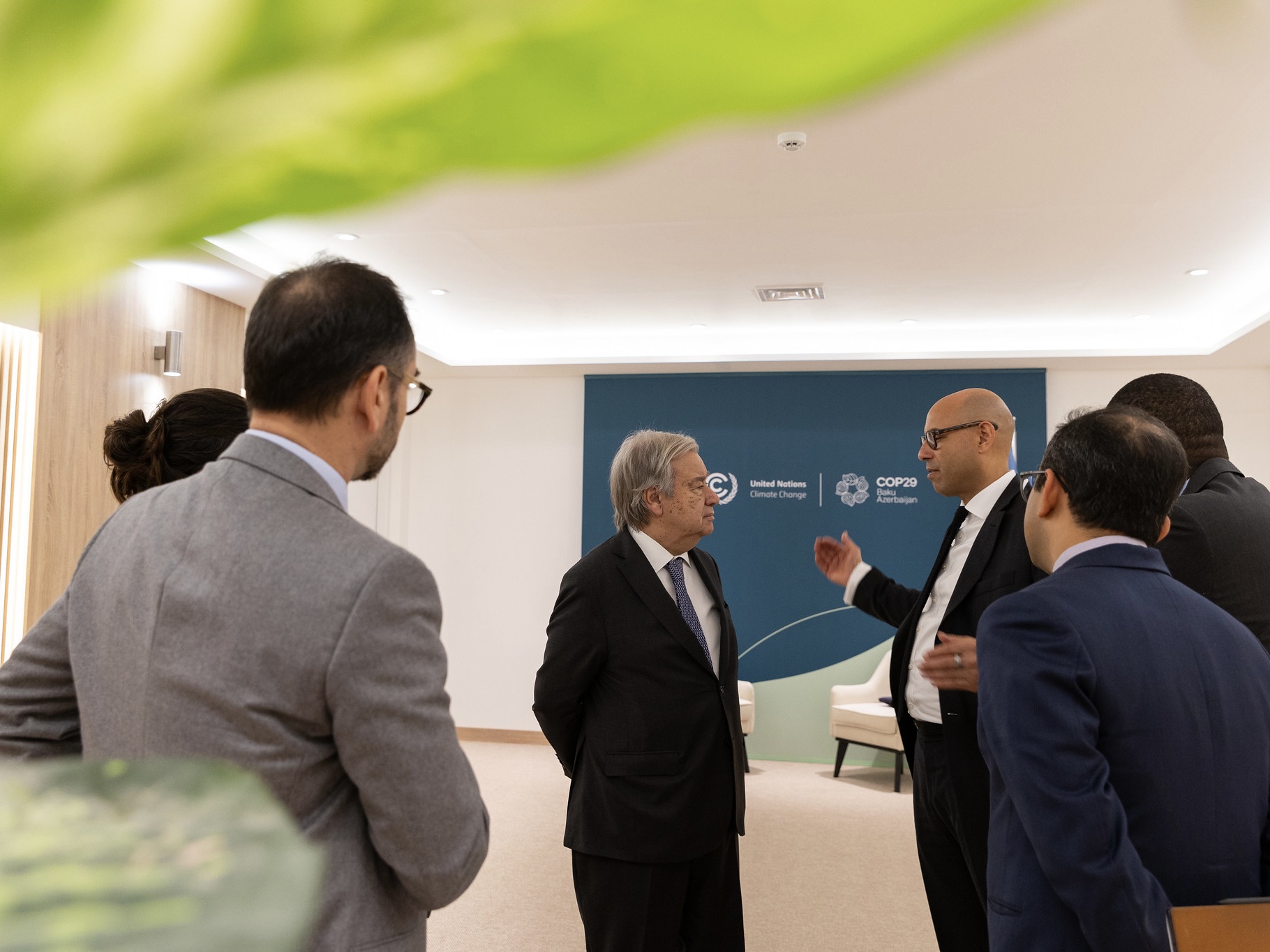Financing discussions went into overtime at the 2024 United Nations Climate Change Conferences after several draft financing deals were met with criticism.
From Nov. 11 to 22, climate representatives gathered in Baku, Azerbaijan for the 29th Conference of the Parties (COP29) of the United Nations Framework Convention on Climate Change (UNFCCC) to discuss the climate change crisis. This year’s focus was on how countries should finance climate-protection efforts and provide funds to repair damages from recent climate disasters.
Throughout the conferences, Canada pledged to “accelerate the reduction of methane emissions,” invested $10 million into conserving biodiversity in South Africa and invested $2.5 million in Madagascar.
A major focus was on increasing financial support to developing countries — those who face the biggest costs of climate change.
Currently, developed countries — including Canada, the United States, the EU, Britain, Australia, Switzerland, Japan, Norway and New Zealand — have agreed to provide developing countries with $100 billion in climate funding per year. However, as the climate crisis becomes increasingly more severe, this target is proving to be far too low to incite any major progress toward a healthier planet.
With the goal of renegotiating a new yearly financing target, meetings went into overtime on Friday after developing countries promptly rejected a deal proposed wherein developed countries would raise their funding amounts to $250 billion — divided amongst each developed country — by 2035.
Some representatives for developed states were apprehensive about increasing the funding, calling the $250 billion draft deal too high. A negotiator from the European side told Reuters that “no one is comfortable with the number” as the developed countries’ financing is to increase, and their contributor base is not.
However, the draft deal was also met with backlash from the developing countries who need the funding, as many of their climate representatives report that this number is far from what they were requesting.
Many climate representatives were outspoken about their dissatisfaction with the proposal. Juan Carlos Monterrey Gomez, the climate envoy for Panama, voiced that the proposal was not realistic and conveyed that “the developed world wants the planet to burn.”
“[$250 billion] is definitely not enough. What we need is at least $5 trillion a year, but what we have asked for is just $1.3 trillion. That is 1 per cent of global GDP. That should not be too much when you’re talking about saving the planet we all live on,” Monterrey Gomez told The Guardian.
Other representatives for developing countries said the proposal was offensive, as the cost would become low for each developed country once it is distributed between each of them.
This year’s meeting was especially tense after the U.S. election earlier this month, with President-elect Donald Trump saying he will withdraw from the Paris agreement — the international treaty to combat climate change — a second time.
As the U.S. is an important figure for climate financing, the uncertainty toward their future in meetings like COP29 posed another concern in the draft deal debate.
As the negotiations crept into Saturday, some developed countries proposed to raise their offer to $300 billion. This offer ultimately passed, though many developing countries agreed that it represented an underestimation of the financing needed to meaningfully progress against climate change.
Ani Dasgupta, President of the World Resources Institute, echoed the sentiment that $300 billion is not enough, but called the increase “an important downpayment toward a safer, more equitable future.”
Though a $300 billion financing deal was far less than expected for many developing countries, it is three times more funding than the last financing agreement.

